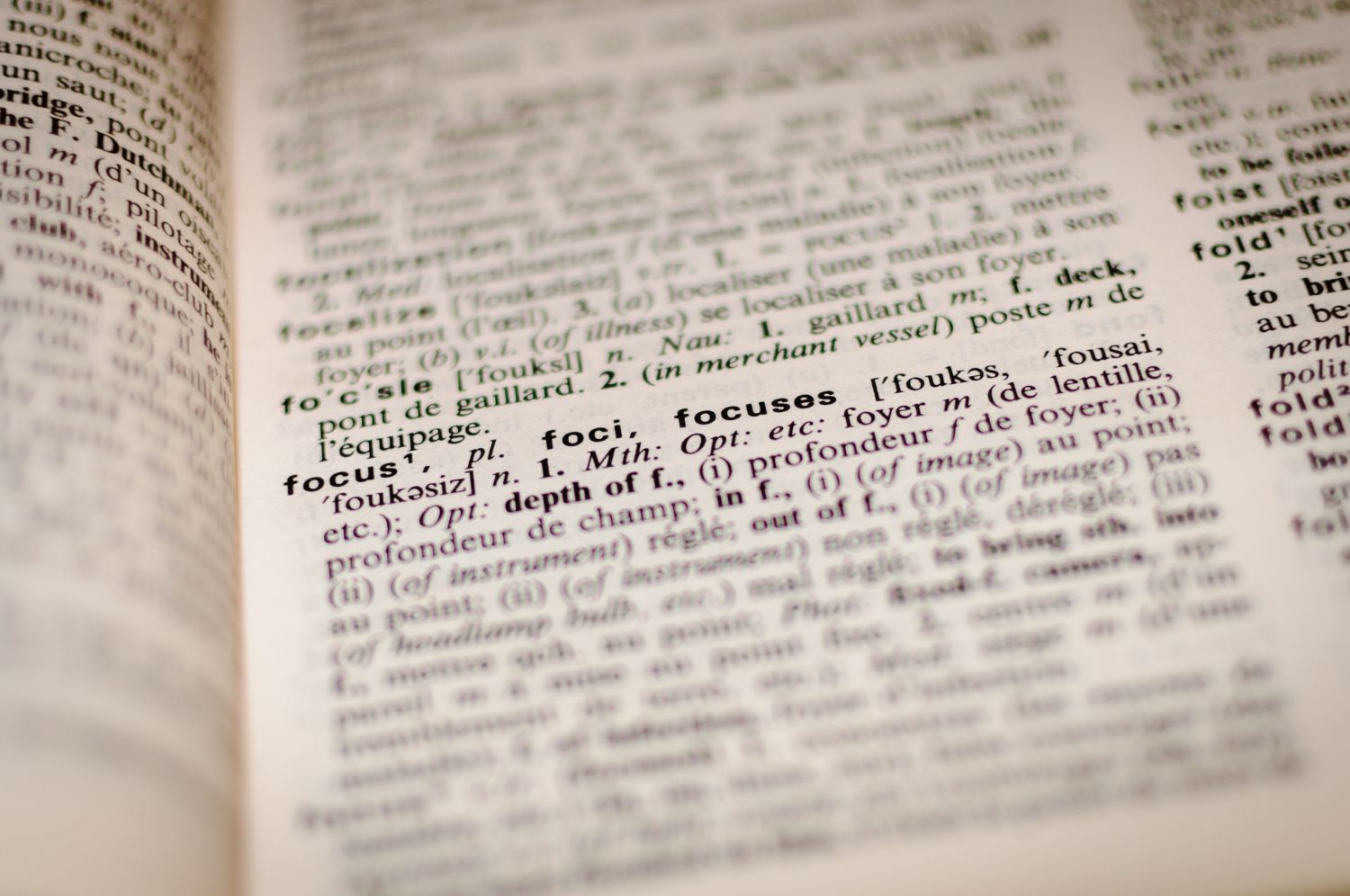Photo by Glenn Carstens-Peters on Unsplash
Note that I put “thinking” in parentheses. This post isn’t about common grammatical errors—it’s about common mistakes authors make in thinking about their subjects and how to present them.
In my experience as a developmental editor, I’ve seen many nonfiction authors dive into their topics without thinking much about the audience first. But this approach can lead to confusion—because you’re jumping into a subject from your own vantage point as an expert. You’ve lived the experience and researched the heck out of the topic, usually over a span of years or decades.
In other words, you’re too close to the material to know if you’re explaining it clearly to those who are less familiar, or maybe even unfamiliar.
Remember, unless you’re writing a book for people with the precise same expertise as you, you’re likely to have blind spots about reader understanding. Not taking these blind spots into consideration means you could be confusing your audience more than helping them, which is the opposite of your intention. (Unless you’re an evil mastermind, that is.)
With these blind spots in mind, here’s my answer to the question, “What are the most common writing mistakes you see?”

